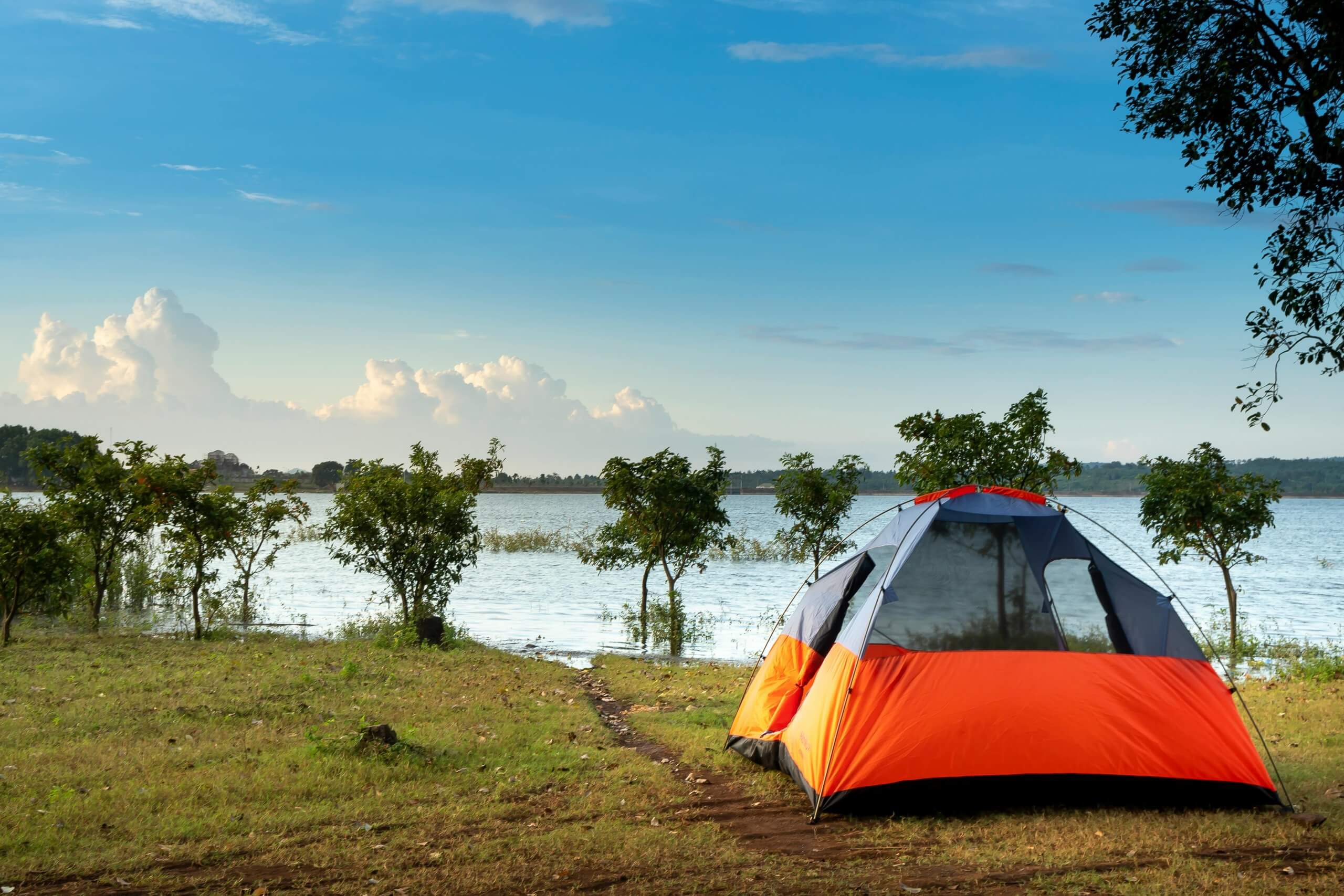When it comes to camping, most people love comfortable camping or glamping. But, if you want to connect with nature and rough it, wild camping is definitely the best option for you. This may seem adventurous and it is, but it can also be rather challenging and even dangerous if you do not know what you are doing.
Here are the essential wild camping tips that will provide you with a safe and splendid experience.
Necessary Medical Supplies
This is a paramount thing to do. Why? Well, when you are in a remote or wilderness area, access to medical facilities may be limited or non-existent. Having the right supplies on hand can help you address minor injuries or illnesses without having to rely on outside help. Also, not to be gloomy, but accidents can happen even in the safest of environments.
When you are camping in the wild, you may encounter rough terrain, unpredictable weather, or encounters with wildlife. Having medical supplies such as bandages, antiseptics, and pain relievers can help you treat injuries promptly and prevent them from worsening.
Also, there are certain medical conditions or allergies that may require specific medications or treatments. By bringing your necessary supplies, you can ensure that you have what you need to manage any pre-existing conditions or unexpected health issues that may arise during your camping trip.
Lastly, being prepared with medical supplies can provide peace of mind. Knowing that you have the necessary tools to handle medical situations can alleviate anxiety and allow you to fully enjoy your camping experience.
If you do not know where to stock up on those supplies, you can browse sammedical.com, for example.
Travel Light
Traveling light when wild camping is important for several reasons:
When you are hiking or trekking to your camping spot, carrying a heavy backpack can slow you down and make the journey more difficult. Traveling light allows you to move more freely and cover longer distances without feeling weighed down. Also, wild camping often means setting up camp in remote and rugged areas where there are no amenities or facilities. Carrying less gear means you have less to set up and pack away, making the camping experience more comfortable and enjoyable.
In the wilderness, unexpected situations can arise, such as bad weather or emergencies. Having a lighter backpack allows you to be more agile and respond quickly to any challenges or changes in the environment. Other than that, traveling light gives you the flexibility to explore different areas and change your plans more easily.
With bare necessities, you can venture off the beaten path, explore new trails, and adapt to different camping conditions without being burdened by excessive gear.
Find A Good Spot
Finding a good wild camping spot requires some research and preparation. Here are a few steps to help you find the perfect spot:
Before heading out, make sure to check the local regulations regarding wild camping. Some areas may have restrictions or require permits, so it’s important to be aware of the rules.
Reach out to fellow campers, outdoor enthusiasts, or local communities for recommendations on good wild camping spots. They may have insider knowledge of hidden gems or lesser-known areas that are perfect for camping. Also, it would be good to look for areas with public lands, national parks, or forests that allow camping. Topographic maps and satellite imagery can help you identify potential camping spots, such as clearings, rivers, or lakes.
Once you have a few potential spots in mind, visit them beforehand if possible. This will allow you to assess the accessibility, safety, and suitability of the location. Look for level ground, access to water, and a safe distance from hazards like cliffs or flood-prone areas.
Respect Mother Nature
Leaving a trace behind can have negative impacts on the ecosystem and disrupt the balance of nature. It can harm plants, animals, and their habitats. Also, Leave No Trace is an ethical outdoor practice. The Leave No Trace principle encourages campers to minimize their impact on the environment and leave the area as they found it. If you break the sacred code, you won’t be welcome after.
This includes packing out all trash, properly disposing of waste, and avoiding damaging vegetation or disturbing wildlife. Additionally, leaving a trace behind can spoil the experience for future campers.
Lastly, many areas have regulations and laws in place that prohibit leaving a trace behind. Violating these regulations can result in fines or other penalties. It is important to be aware of and abide by these rules to ensure the protection and preservation of natural areas for everyone to enjoy.

